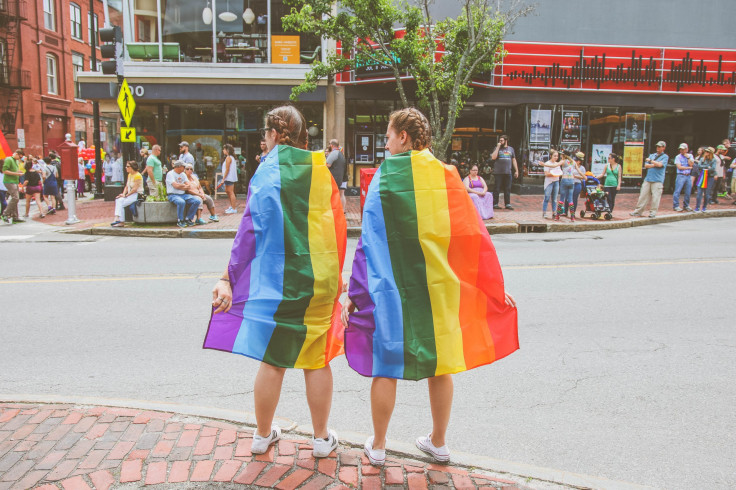The new Family Code in Cuba on Tuesday has allowed same-sex couples to get married, as many LGBT couples in different communities across the country take the opportunity to get married under the new Code.
Liusba Grajales, who works as a manager at the central University of Las Villas, has been in a relationship with dancer Lisset Díaz for over seven years. Three weeks after the passing of Cuba’s new Family Code, the two were able to go to a notary office and get their union recognized by the country, according to the AP Newss.
“It’s a big day,” Grajales said. “Love is love, just the way it is. Without imposition, without prejudice … I don’t know whether I should laugh or cry. It’s a mix of so many strong emotions.”
“I feel proud,” Díaz added. “I’m amazed.”
Over 67% of Cubans voted “yes” on the new Family Code, which was heavily backed and campaigned for by the Cuban government, and made them the ninth country in Latin America to fully legalize gay marriage, ABC News reported.
A vocal minority in Cuba had campaigned against the law, many of whom were evangelical Christians who reject the concept of gay marriage, as well as those who voted “no” to express dissatisfaction with the government. Some in the LGBT community also campaigned to vote “no” due to their belief that the right to marriage should have been a human right in the first place.
“Many people in the community were against voting ‘yes’ because they don’t believe that they need some paper to tell them they have this on paper (to be recognized as a couple). I think we do need the right, that it protects us,” Grajales said.
The new code goes beyond gay marriage, and codifies many ideas created to improve the safety and security of couples and of individuals who are participating in a marriage, including “separate property regimens for married couples,” and “[extending] protections for the disabled and elderly.”
“In 2007, we celebrated for the first time the International Day for the Fight Against Homophobia and Transphobia in Cuba. It took 15 years of fighting to make it law,” activist Francisco “Paquito” Rodriguez said. “It seems like a long time in the life of an individual, but it’s an achievement in the course of our history.”

© 2025 Latin Times. All rights reserved. Do not reproduce without permission.





